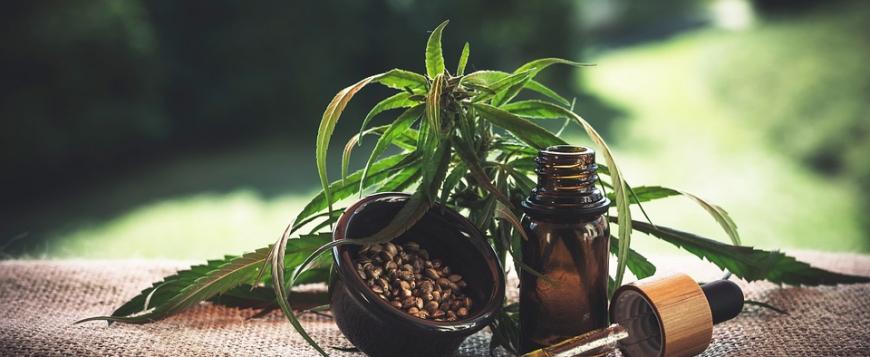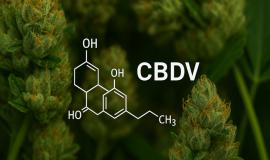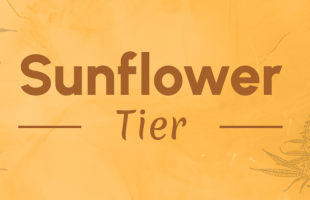More Women Turn to Cannabis for Treatment of Menopause Symptoms
A growing number of middle-aged women are turning to marijuana to help soothe symptoms of menopause, new research indicates.
About one-third of older female U.S. veterans said they had either tried to treat their menopause symptoms with cannabis products or planned to experiment with marijuana in the future, according to results presented this week at the virtual annual meeting of the North American Menopause Society.
"These findings suggest that cannabis use for menopause symptom management is common, raising questions about the symptoms being targeted, and if this approach is helpful or harmful," said lead investigator Carolyn Gibson. She's a psychologist and health services researcher with the San Francisco VA Health Care System.
About 27% of 232 female veterans reported that they either currently or in the past had used cannabis products to treat their menopause, and another 10% said they planned to try it in the future, the researchers found. The average age of the veterans surveyed was around 56.
Marijuana actually was more popular among these women than traditional forms of menopause treatment. Only 19% of the women said they'd tried the usual methods of easing their menopause symptoms.
The tendency to prefer pot over traditional medicine is "alarming," said Dr. Stephanie Faubion, medical director of the North American Menopause Society.
Faubion added that there are traditional, mainstream treatments for menopause that have some evidence backing their use, but that the same does not hold true for marijuana.
Gibson noted that her findings did not specify the types of marijuana products being used by the women. They could be trying anything from cannabidiol (CBD) oil to marijuana edibles to actually smoking pot.
Cannabis use was more commonly reported among women suffering from hot flashes (67%) and night sweats (68%) within the past two weeks, the results showed.
It's possible women are trying marijuana because of the wave of legalization that's swept the United States, Gibson said.
"It's become mainstream, more widely available, more marketed potentially toward women during this period in their lives," Gibson said. "That might be part of it."
The potential for pot to help ease symptoms also might be a driving factor, although Gibson hastened to note that there's been no research showing that cannabis can help with menopause.
"It may be that cannabis use can be relaxing and help with things like anxiety and sleep, and that would have an impact on sleeplessness and anxiety or mood changes during menopause," Gibson said. She noted that hot flashes and other menopause symptoms have been linked to sleep and anxiety.
The fact that these U.S. veterans are trying marijuana could indicate that pot use among menopausal women is even more widespread than previously thought, Gibson said.
"It is possible that veterans getting care in the VA health care system may be less likely than non-veterans to use cannabis, given that it is considered illegal by federal guidelines in the VA regardless of state laws," Gibson said.
There are a host of safety concerns associated with marijuana use, without much in the way of scientific evidence that would help doctors and patients weigh benefits versus risks, Gibson said.
"There is some evidence that cannabis use can have a negative impact on cognition [thinking skills], cardiovascular health and mental health," Gibson said. "Cardiovascular risk in particular may be related to smoking cannabis."
Possible interactions with other medications the women are taking is also a concern, Gibson added.
Future research should look into the ways women are using marijuana to treat menopause, and assess whether it can be safe and effective, Gibson said.
The article was originally published on usnews.com
Health Disclaimer: The information provided in this article is for educational purposes only and should not be taken as medical advice. Always consult with a qualified healthcare provider before using cannabis, particularly if you have pre-existing conditions or are taking medication.






















